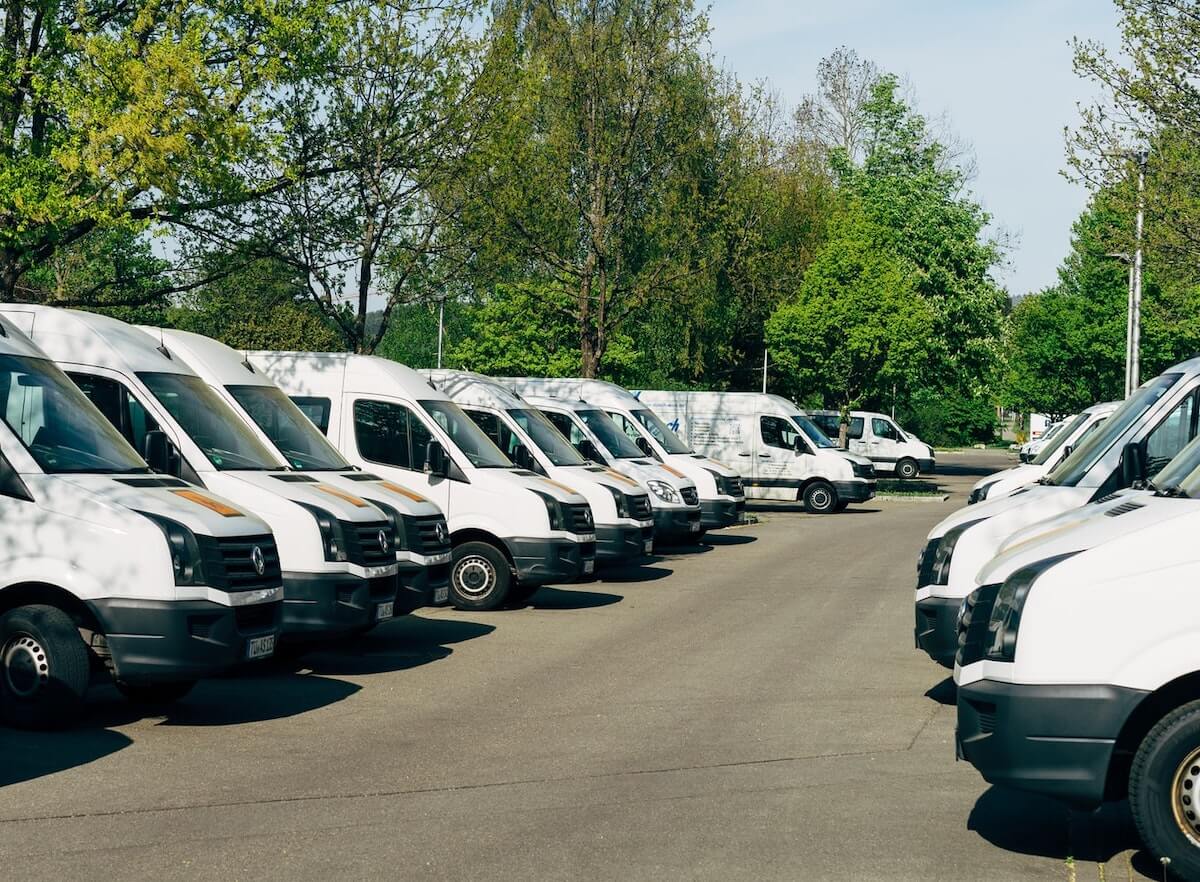
Recent economic realities have put into sharp focus the growing need for domestic manufacturing as the reliability of the global supply system is starting to get challenged. However, it’s not just new products that we might need domestically, but the distribution services to better transport goods throughout the country, as well. Here is where we’re seeing the evidence for a rising need for distribution services.
The demand continues to grow
More and more buying of goods of all kinds is being done digitally. COVID-19 has hastened the ongoing death of the high street and, as a result, more businesses are moving from brick and mortar to go online. As such, the more businesses offering deliveries, the more distribution will be needed to help carry them out. Even the rising cost of living challenges seem to be doing nothing to check this demand.
International distribution is facing a host of challenges
The international distribution landscape is facing its largest challenge ever in the form of Brexit, the uncertainties and unreliability of which continues to loom large and grow even further. Domestic distribution alone isn’t going to be enough to stop the problems caused by the jam of vehicles at the country’s borders. However, the international distributors are not going to be able to pick up the increasing need for domestic distribution that’s likely to come as domestic production is also likely to increase. The global supply chain is being threatened by political and economic realities beyond Brexit and more investing in domestic distribution may help to support
The gig model is set to collapse
Over the past decade, we have seen the rapid inflation of the gig economy bubble. This bubble, relying on accessible, low-cost labour is set to pop. Indeed, we’ve already seen more and more people leaving the workforce as a result of it simply becoming too economically unviable for them to work. As such, the rise of the gig driver is very likely to start disappearing and a lot of companies relying on them are going to find themselves face with a lack of fulfilment services, which can be helped by those willing to start their own firms or start a distribution franchise. The gig economy is untenable in the long-term so other models have to be considered.
The expectations of customers remain high
Another reason that the gig model is starting to fail is due to the consistently high standards of customers ordering things online. A need for services such as package tracking and next-day delivery is only going to become more ubiquitous. As such, there will need to continue to be an investment in the dedication distribution businesses that are able to put the capital into outfitting their services with these benefits or else the market is going to start turning on those who deny them.
The supply chain is the most important part of the modern business landscape. If it fails, shelves will empty and people will find the current age of on-demand consumerism coming to a potential close. The time is ripe for more investment in domestic distribution.







